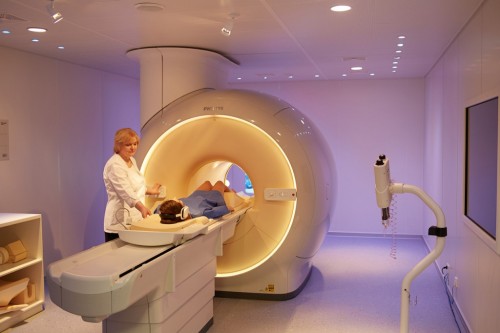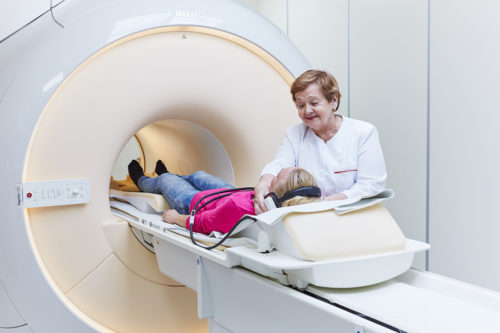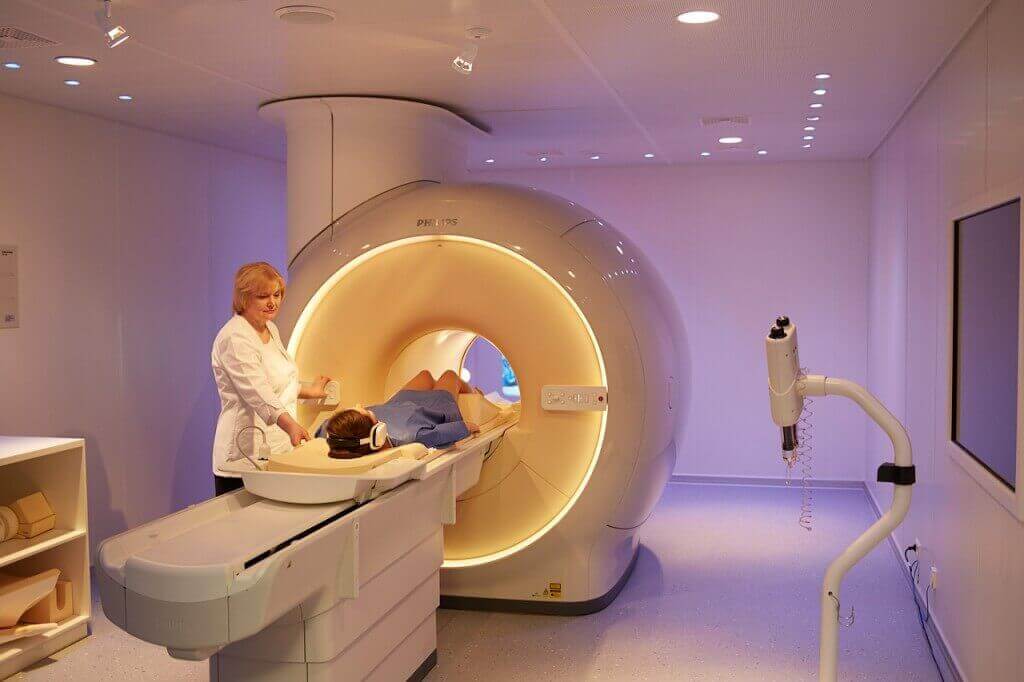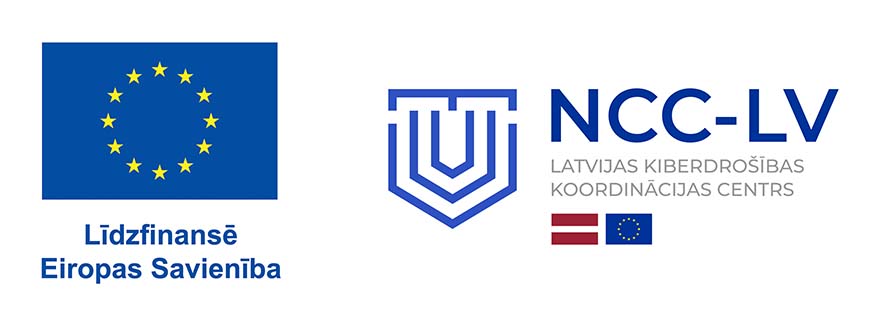Magnetic resonance imaging
Magnetic resonance imaging (MRI) is one of the most precise and informative diagnostic methods. With the help of a magnetic field and radio waves it produces high quality whole-body and organ cross-sectional images in three planes in one sitting; without harming the body.
As part of the modernisation and development of our diagnostic opportunities Medical Clinic “Medicīnas centrs ARS” branch – ARS Diagnostic clinic (address: Jāņa Asara Street 3, Rīga) have installed the newest and most modern MRI equipment in the Baltics – the PHILIPS Ingenia 3,0T and the Philips Ingenia 1.5 T. This MRI machine too has an increased gantry opening of 70 cm which allows reducing claustrophobic sensations in patients significantly and provides for a more comfortable MRI exam of corpulent and large-bodied persons weighing up to 150 kg (330 lbs).
| Philips Ingenia Ambient Experience 3,0 T more >> |
Philips Ingenia 1.5 T more >> |
 |
 |
| ARS Diagnostic clinic Address – J.Asara Street 3, Rīga, Latvija Ph.: + 371 67 201 088 Information about examination results: +371 66 929 760 |
Medical Clinic “Medicīnas centrs ARS” Address – Skolas Street 5, Rīga, Latvija Ph.: +371 67 201 088 |
| PRICELIST | PRICELIST |
For Patients:
- When making an MRI appointment, please inform the registration staff if the patient’s body weight is in excess of 120 kg (264 lbs). This information is essential for planning the MRI exam schedule since longer MRI exam times are required for patients with body weight in excess of 120 kg.
- Bed-ridden patients and wheelchair-bound patients who are unable to get on and lie down on the patient exam table need the assistance of one or two attendants who will help the patient to get to the exam room, get on and lie down on the exam table, and to get off the table after the exam. Radiologists (mainly women) working at the ARS Medical Center and ARS Diagnostic Clinic are physically unable to provide this service. Their duty is to do a thorough exam of the patient.
USEFUL INFORMATION
Magnetic resonance imaging should not be performed:
- if a patient has a pacemaker,
- if a patient has various metal implants (with the exception of titanium implants)
- if a patient has separate metal foreign bodies.




